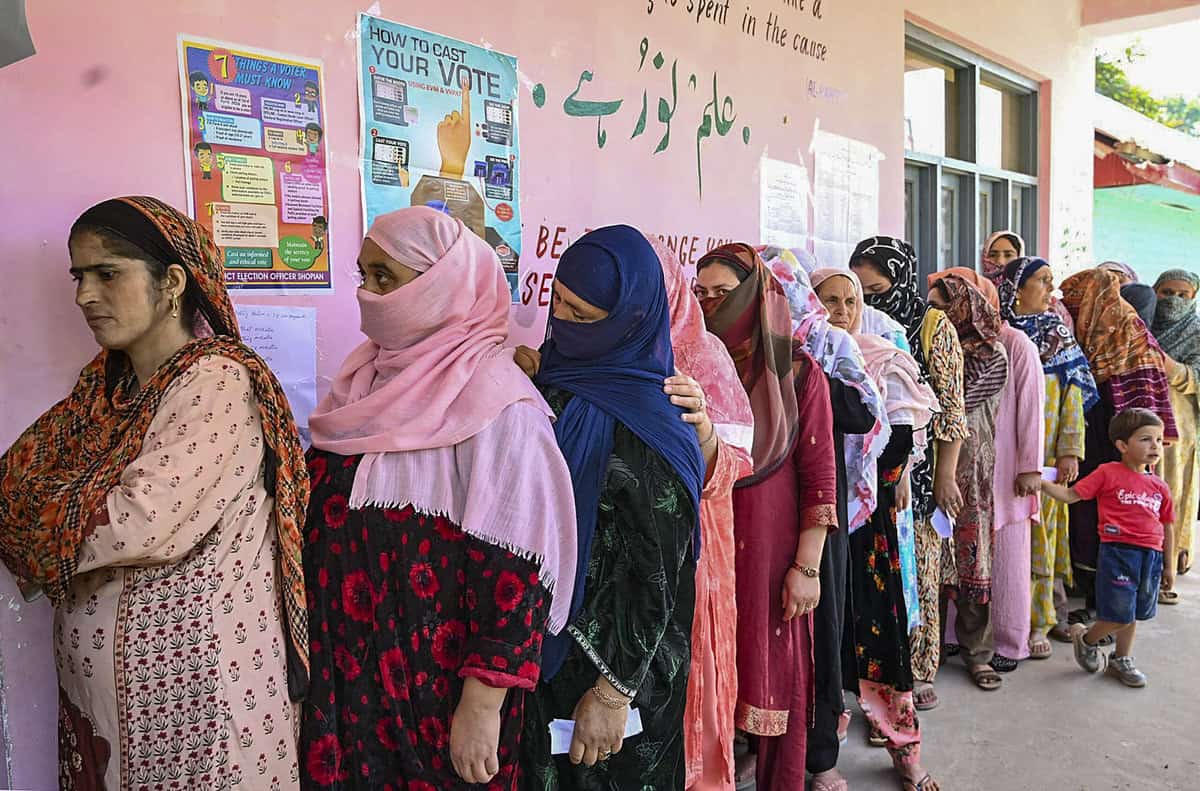
Kashmir politics is losing direction and that too deliberately. Not long ago, Kashmir was all about politics and its place in the Indian union, and how it viewed its relationship with Pakistan. That was an accepted norm. That was an era when it was believed that Indian rule in Kashmir was not absolute as Delhi had to meet certain conditions to do so.
Even at that time when National Conference, a relentless champion of greater autonomy in the 1990s, and the newly formed PDP advocating self-rule for all the constituents on both sides of the Line of Control, that is Jammu and Kashmir and its parts under the control of Pakistan, the political consensus eluded the Kashmiri politicians. Die-hard Congress party workers had no clear idea what to say while being ally or rivals to the two regional parties. BJP was not a factor in the Valley ever.
A few days ago, the Centre announced an amendment to section 55 of the J&K Reorganisation Act, investing more powers in the Lieutenant Governor, particularly police, public order, finance and transfers of administrative secretaries, and so on. This announcement came when it was given out that the Election Commission was busy preparing for the long-awaited Assembly elections in Jammu and Kashmir, possibly before September 30, the deadline set by the Supreme Court on December 11, 2023, when it ruled that abrogation of Article 370 was legal and constitutional.
The political parties in Kashmir were unable to understand why this direction when the promised Assembly elections were on the anvil. Jammu and Kashmir Apni Party led by Syed Mohammad Altaf Bukhari, was the first to see a design in it to marginalize the Assembly and the elected representatives. “ Ours was the most powerful legislative Assembly among all the state legislative bodies in the country before the abrogation of Article 370, you did away with that, fine but at least give us the Assembly with the powers that other Indian states have, “ Altaf Bukhari said and equated the Government of India’s decision as “breach of promises, a sheer betrayal.”. Bukhari saying so meant more than what the people had expected from him, for there is a perception that he is very close to Delhi establishment, and enjoyed proximity with Prime Minister Narendra Modi and Home Minister Amit Shah, impliedly soft toward the BJP government at the Centre.
To be fair to the Apni Party leader while he displayed his inclination toward Delhi, he always made a point to talk about the inalienable rights of the people of J&K to their land and jobs . In fact, his efforts had borne fruits and the Government of India allowed the residents of J&K to have their land and jobs . But with the new notification, in which all powers were vested in the institution of Lieutenant Governor, he too was unsure whether this guarantee will stand or not.
It was against this backdrop, he made a passionate appeal to all the regional parties to come together on one platform and plead the case for the return of statehood with all the powers like other states in the country and the legislative Assembly as powerful as in other states. He also told them that this is a crucial question of the survival of the people all across Jammu and Kashmir and also the accountability that they hold to posterity.
But the other political parties that thought they had got the opportunity to settle their scores, called Apni Party’s appeal into question. PDP went to the extent of demanding an “apology” from him for his role in the post-abrogation of Article 370 era. They believed that it was because of Altaf Bukhari and his party that the PAGD,- People’s Alliance For Gupkar Declaration – collapsed. It did not acknowledge that it was the differences between the National Conference and PDP that engineered the crumbling of PAGD that had vowed to fight for the restoration of Article 370. National Conference leaders too used uncharitable words for Altaf Bukhari’s party.
At a time when every party in Kashmir talks of the “identity and dignity” of the Kashmiri people, their statements against the unity of thought and action, tells a story that there is some hidden agenda at work. These non-unity parties are doing the same disservice to Kashmiris as they accuse Delhi of.


